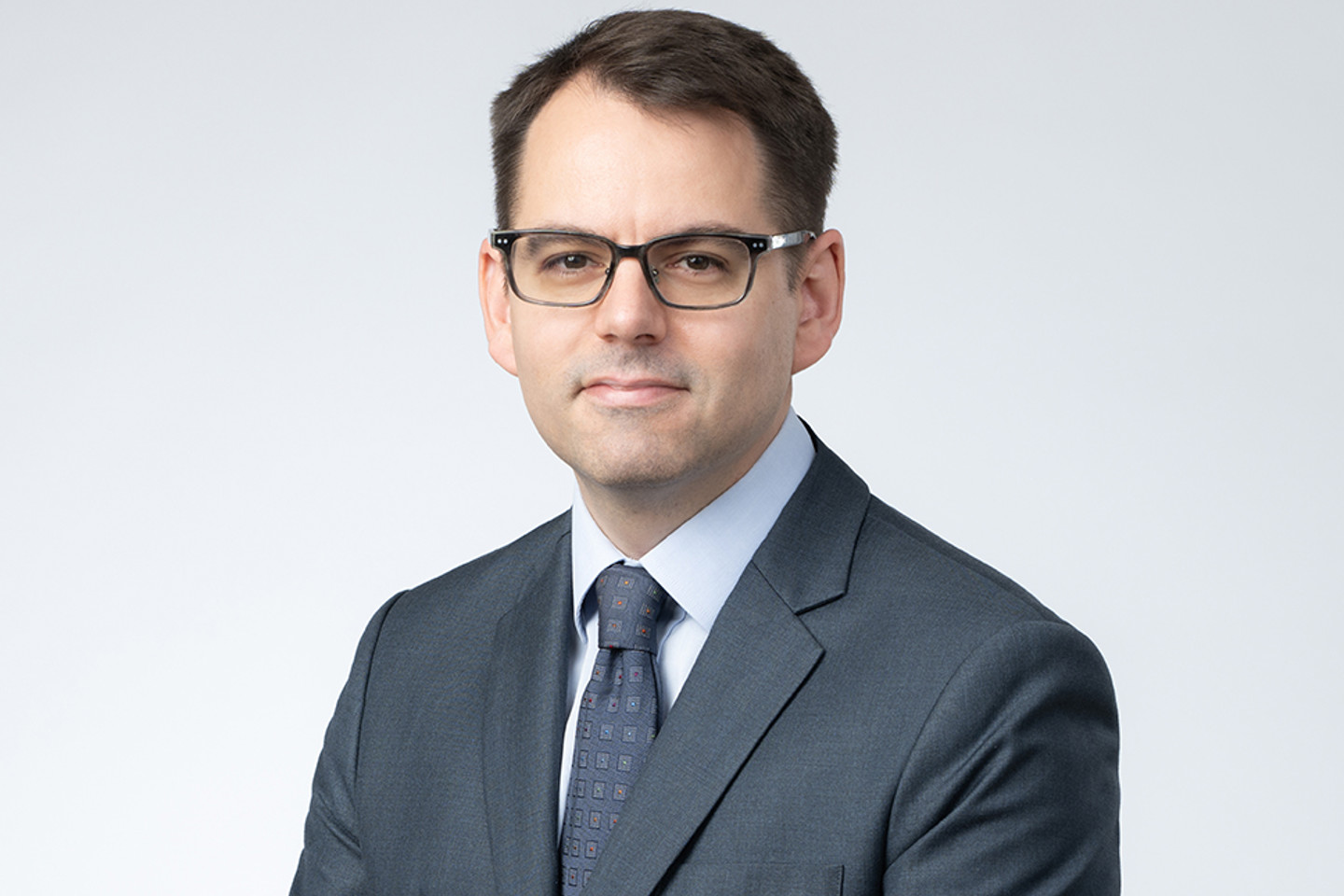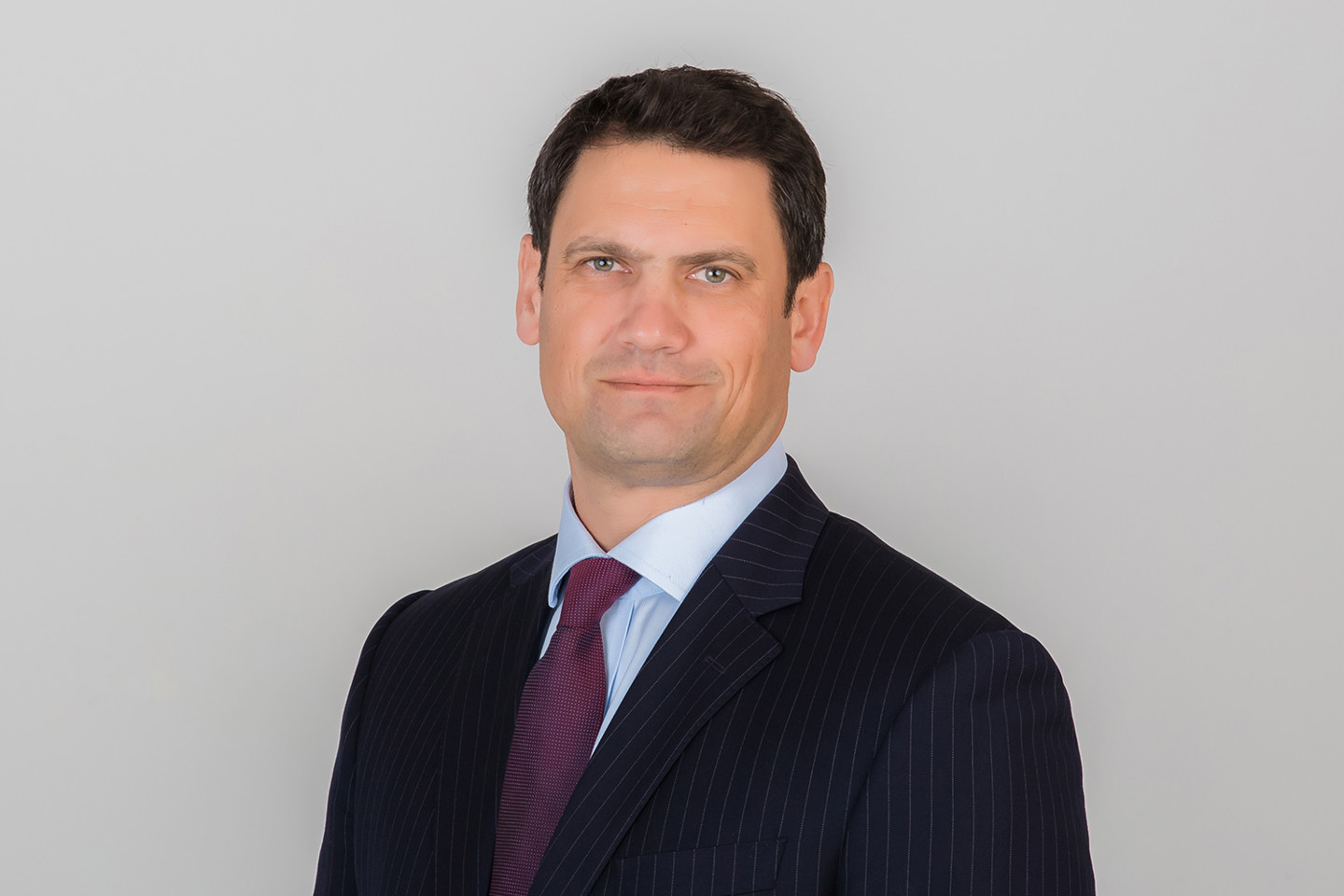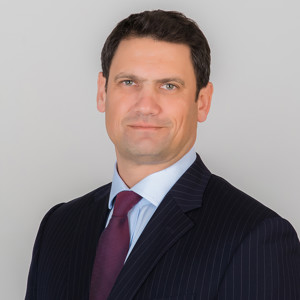
Oliver Payne 彭奥礼
Partner 合伙人 | Legal
Hong Kong

Oliver Payne 彭奥礼
Partner 合伙人
Hong Kong
No Content Set
Exception:
Website.Models.ViewModels.Components.General.Banners.BannerComponentVm
In Sevilleja v Marex Financial Ltd [2020] UKSC 31 (15 July 2020), the UK Supreme Court unanimously confirmed that the rule barring recovery of "reflective loss" does not and cannot apply to creditor claims.
Marex Financial Ltd (Marex), a creditor of two companies incorporated in the British Virgin Islands (the BVI companies), had brought a claim against Mr Sevilleja alleging that he had caused loss to the BVI companies, thereby preventing the BVI companies from satisfying a judgment debt in favour of Marex. Mr Sevilleja sought to argue that Marex's loss was merely reflective of the loss sustained by the BVI companies, and that Marex's claim was therefore unsustainable by reason of the rule barring recovery of such loss. The UK Supreme Court rejected Mr Sevilleja's argument, thereby allowing Marex's claim to proceed.
The majority of the Court confirmed, however, that the rule will continue to apply to a narrow category of claims by shareholders. Specifically, claims by shareholders in respect of a reduction in the value of their shareholding or distributions that would have otherwise been paid to them, which results from loss suffered by the company as a consequence of wrong done to it by the defendant.
Such claims by shareholders will continue to be barred even if:
As Lord Reed explained, the rule barring recovery of reflective loss, first established in Prudential Assurance Co Ltd v Newman Industries Ltd (No 2) [1982] Ch 204, means that:
However, Lord Reed then reasoned that the rule in Foss v Harbottle, which is "a critical part of the explanation" and recognises the unity of economic interests which bind a company and its shareholders, has no such application where a company and one of its creditors have concurrent claims in respect of the same loss.
Lord Reed further explained that decisions subsequent to Prudential had incorrectly emphasized the need to avoid double recovery as the basis for the rule and had therefore "paved the way" for the expansion of the rule to include creditor claims. While the application of the rule in Prudential necessarily avoids double recovery, this is not the basis for the rule since:
Lord Reed considered that to the extent that a claim by a creditor poses a risk of double recovery, it is a matter that is to be dealt with by procedural means according to the circumstances of the case, and that the rule in Prudential does not, therefore, apply to creditor claims. The majority of the Court agreed with him, and allowed the Appeal.
A minority of the Court, which still agreed that the appeal should be allowed, held that the reflective loss principle as stated in Prudential was "a flimsy foundation on which to build" and considered that the principle should no longer survive even in relation to shareholders who can prove, as a factual matter, the existence of loss separate from that suffered by the company. This may signal the beginning of an erosion of the principle for shareholders as well as creditors.
Decisions of the UK Supreme Court, while not binding in offshore jurisdictions, are highly persuasive. This decision therefore widens the opportunities for creditors to pursue third parties who may otherwise have thought their claims were barred. Shareholders remain subject to the reflective loss principle but may still consider alternative relief, such as derivative claims or actions for unfair prejudice or to wind up the company on just and equitable grounds should the circumstances permit.

Oliver Payne 彭奥礼
Partner 合伙人 | Legal
Hong Kong

Oliver Payne 彭奥礼
Partner 合伙人
Hong Kong

Marc Kish
Partner | Legal
Cayman Islands

Marc Kish
Partner
Cayman Islands

Jeremy Snead
Partner | Legal
London, Cayman Islands, British Virgin Islands

Jeremy Snead
Partner
London, Cayman Islands, British Virgin Islands
Ogier is a professional services firm with the knowledge and expertise to handle the most demanding and complex transactions and provide expert, efficient and cost-effective services to all our clients. We regularly win awards for the quality of our client service, our work and our people.
This client briefing has been prepared for clients and professional associates of Ogier. The information and expressions of opinion which it contains are not intended to be a comprehensive study or to provide legal advice and should not be treated as a substitute for specific advice concerning individual situations.
Regulatory information can be found under Legal Notice
Sign up to receive updates and newsletters from us.
Sign up
No Content Set
Exception:
Website.Models.ViewModels.Blocks.SiteBlocks.CookiePolicySiteBlockVm